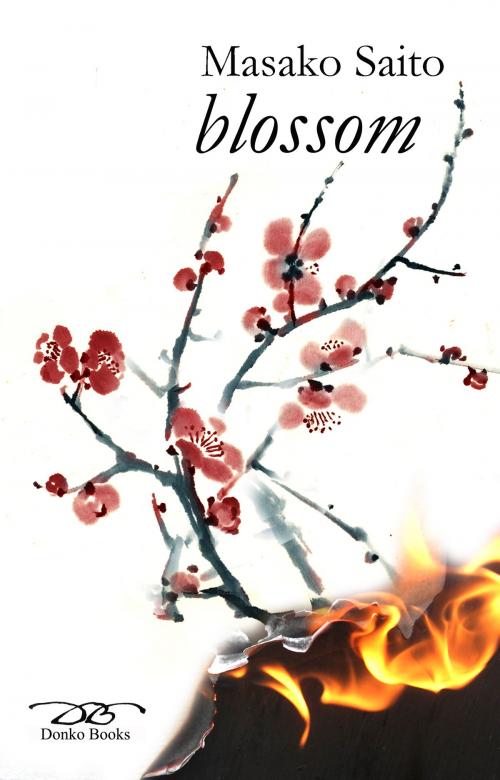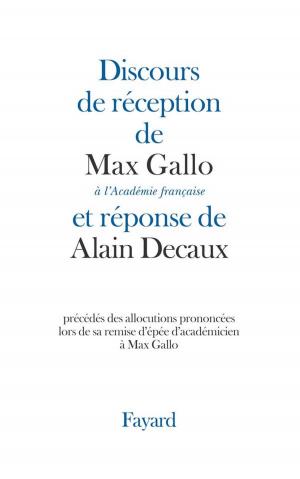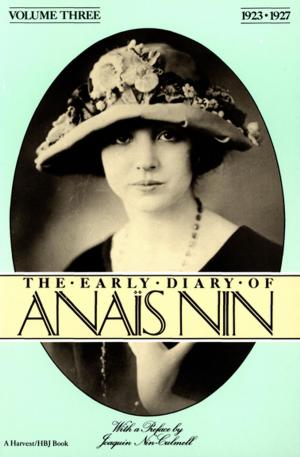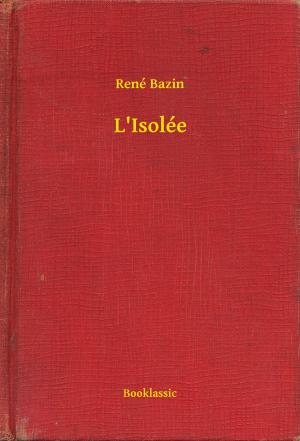| Author: | Masako Saito | ISBN: | 9780995603301 |
| Publisher: | Donko Books | Publication: | February 21, 2017 |
| Imprint: | Donko Books | Language: | English |
| Author: | Masako Saito |
| ISBN: | 9780995603301 |
| Publisher: | Donko Books |
| Publication: | February 21, 2017 |
| Imprint: | Donko Books |
| Language: | English |
The Capital of Japan in the ninth century, a place of elegant manners, exquisite dress, aesthetic sensibility and colourful ceremonial, centred on a ruler who can trace his lineage back to its foundation by the Sun Goddess. And the Capital of Peace and Stability has been built for a future of ever greater glory. But the Court is full of dark shadows, rumours and plots as the great families jostle for power and control of the throne. Yoshifusa, a member of the great Fujiwara clan aims to defeat his rivals by all the means at his disposal and this includes, crucially, parading his daughter before the young Crown Prince so that she might become his bedmate, wife and later Empress and mother of an Emperor. And then there are plots to kill, disgrace or otherwise dispose of his rivals, particularly Tomo no Yoshio, whose fierce intellect and ruthless ambition are fatally betrayed by his impetuous son.
Against this background Ariwara no Narihira, the grandson of an Emperor, handsome and glamorous, notorious as a great lover and acknowledged to this day as one of the greatest poets of Japan, is drawn into the Court intrigues through his infatuation for Ariko and his passion for her sister Takaiko. For him and these sisters, love is the supreme value and greatest experience but they can only be together outside the Court and away from the deadly entanglements of politics at its most ruthless.
This historical novel is also a romantic thriller presenting an intricate and multilayered portrayal of the place of the poet in political society, of the value of words against the effectiveness of action, of love and duty, escape and engagement, described by an author whose profound knowledge and intimate portrayal of this distant and exotic world makes the reader feel that they belong, or would love to belong, to a world where the date is told by the phase of the moon, where a loving encounter must be completed by a morning poem delivered In an exquisite wrapping and the songs of bell crickets and the lights of fireflies supply the background to an evening conversation.
The Capital of Japan in the ninth century, a place of elegant manners, exquisite dress, aesthetic sensibility and colourful ceremonial, centred on a ruler who can trace his lineage back to its foundation by the Sun Goddess. And the Capital of Peace and Stability has been built for a future of ever greater glory. But the Court is full of dark shadows, rumours and plots as the great families jostle for power and control of the throne. Yoshifusa, a member of the great Fujiwara clan aims to defeat his rivals by all the means at his disposal and this includes, crucially, parading his daughter before the young Crown Prince so that she might become his bedmate, wife and later Empress and mother of an Emperor. And then there are plots to kill, disgrace or otherwise dispose of his rivals, particularly Tomo no Yoshio, whose fierce intellect and ruthless ambition are fatally betrayed by his impetuous son.
Against this background Ariwara no Narihira, the grandson of an Emperor, handsome and glamorous, notorious as a great lover and acknowledged to this day as one of the greatest poets of Japan, is drawn into the Court intrigues through his infatuation for Ariko and his passion for her sister Takaiko. For him and these sisters, love is the supreme value and greatest experience but they can only be together outside the Court and away from the deadly entanglements of politics at its most ruthless.
This historical novel is also a romantic thriller presenting an intricate and multilayered portrayal of the place of the poet in political society, of the value of words against the effectiveness of action, of love and duty, escape and engagement, described by an author whose profound knowledge and intimate portrayal of this distant and exotic world makes the reader feel that they belong, or would love to belong, to a world where the date is told by the phase of the moon, where a loving encounter must be completed by a morning poem delivered In an exquisite wrapping and the songs of bell crickets and the lights of fireflies supply the background to an evening conversation.















